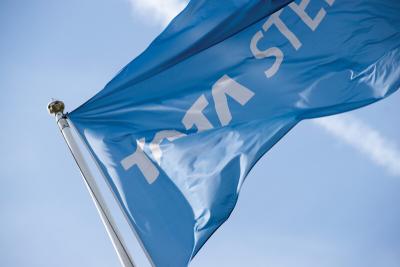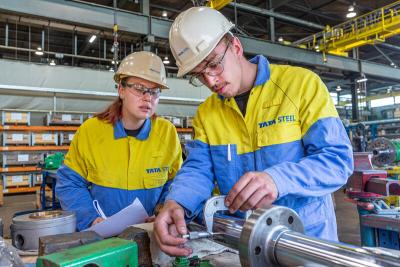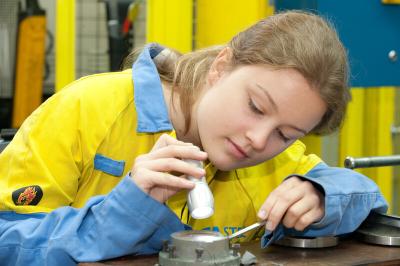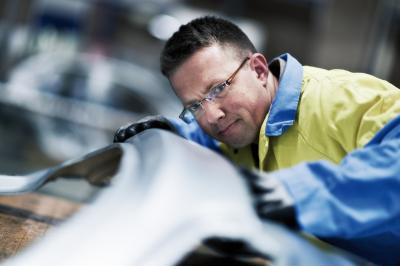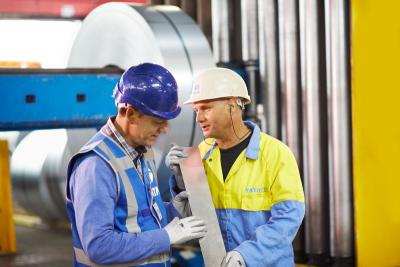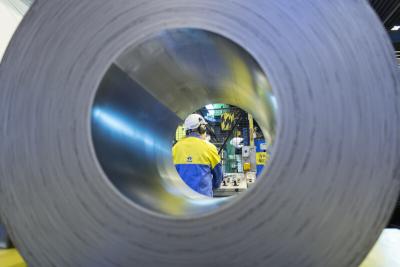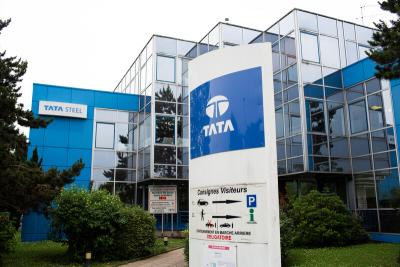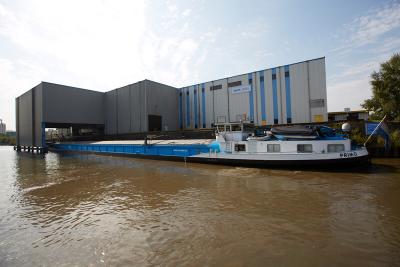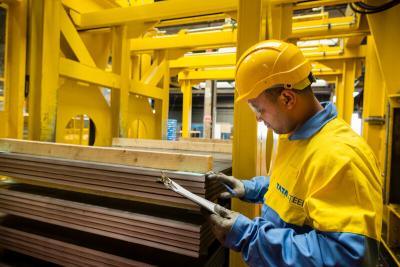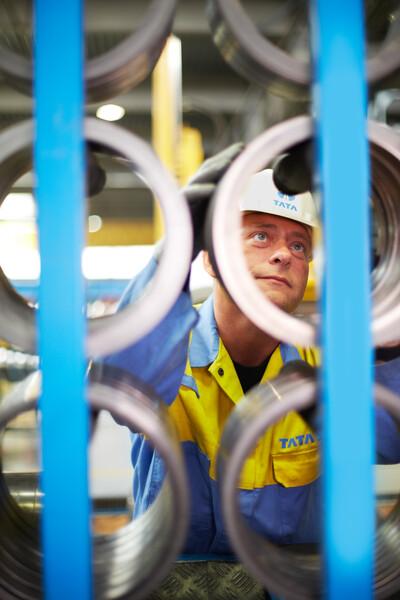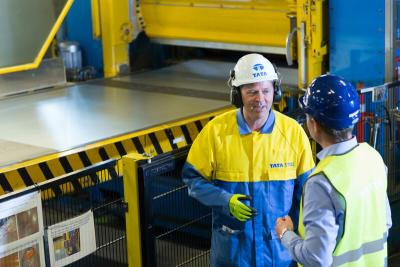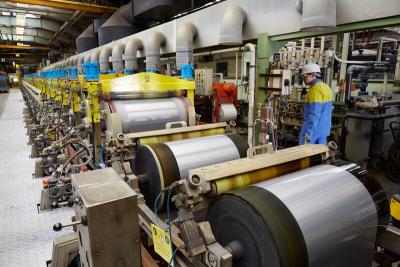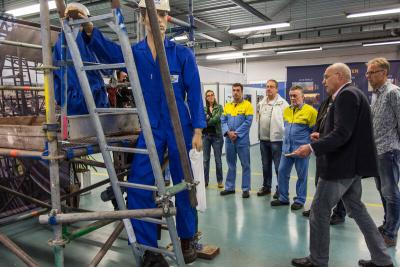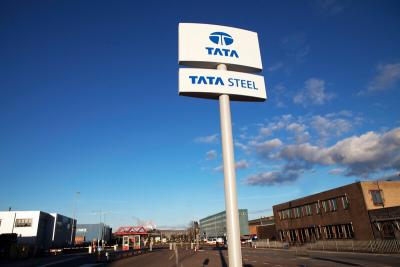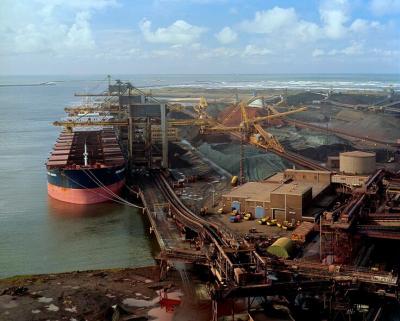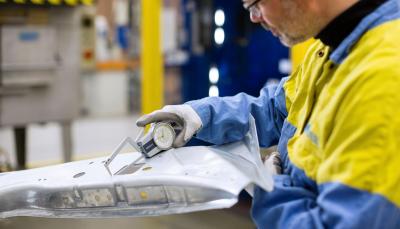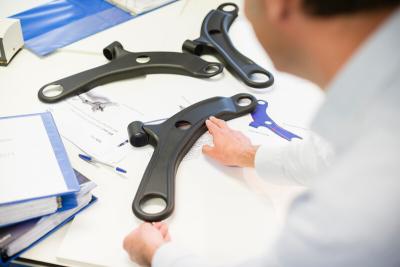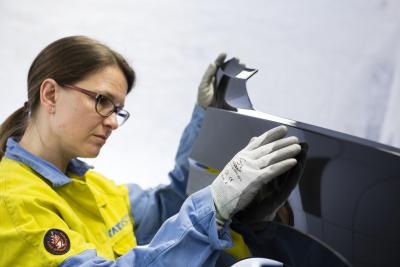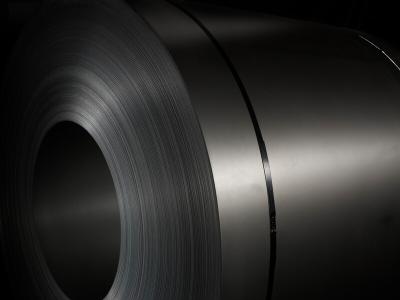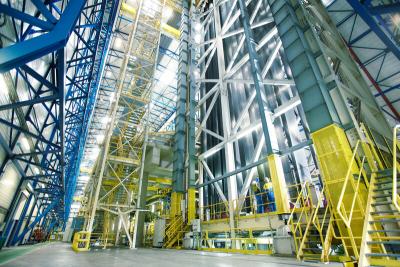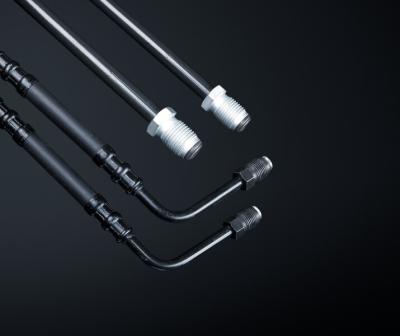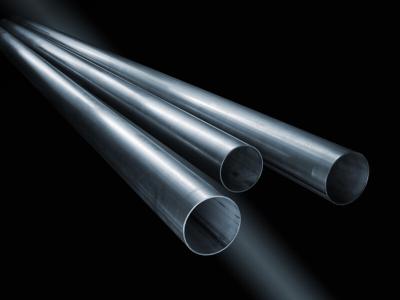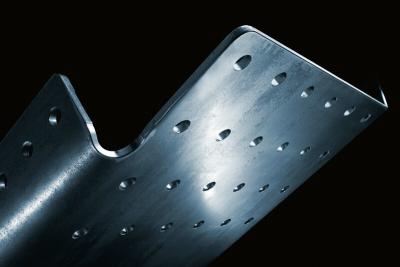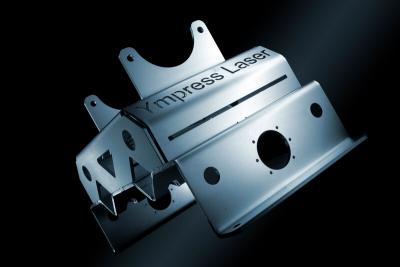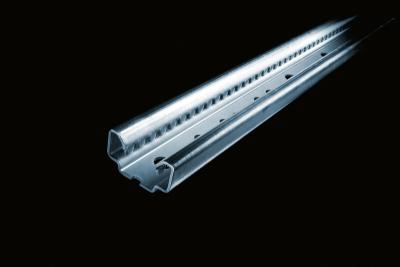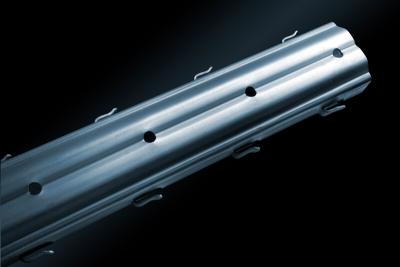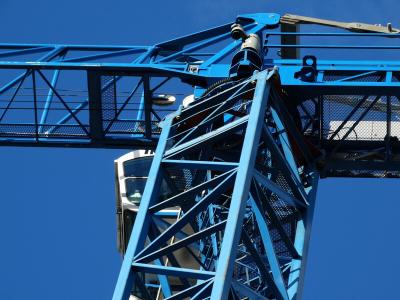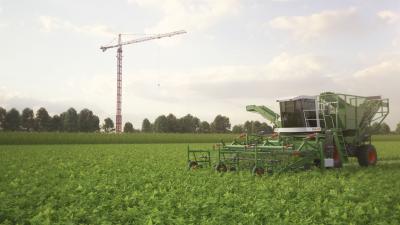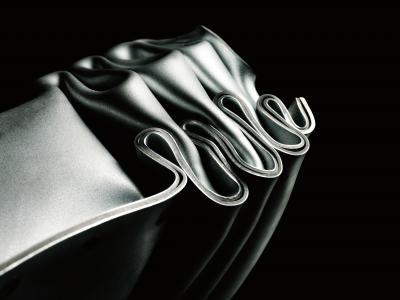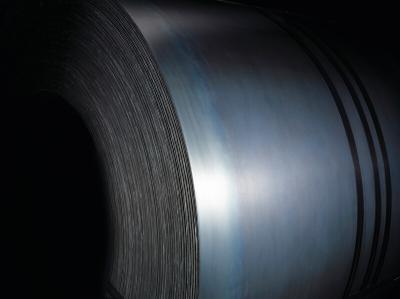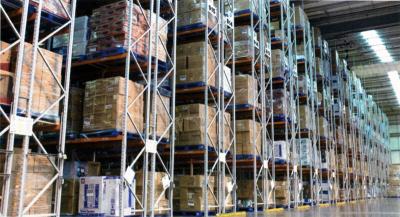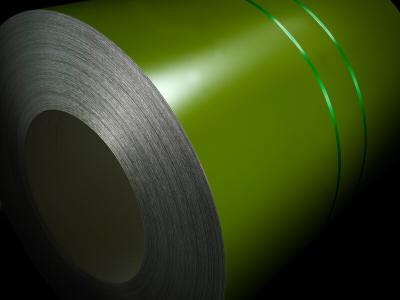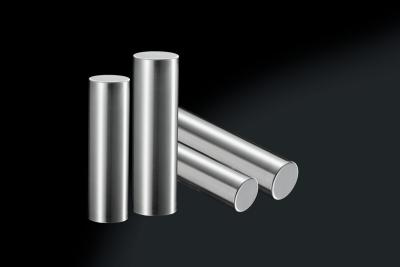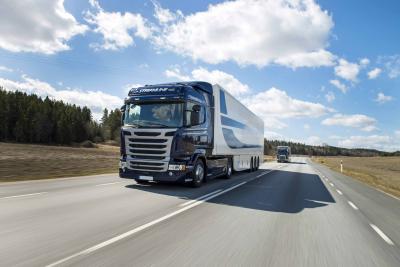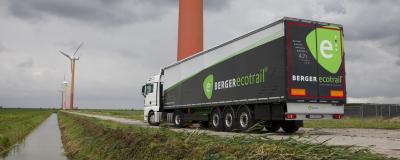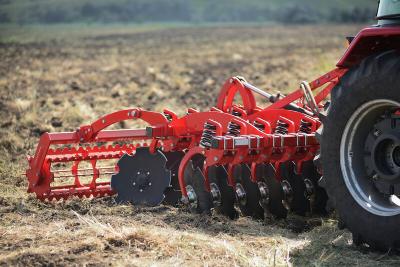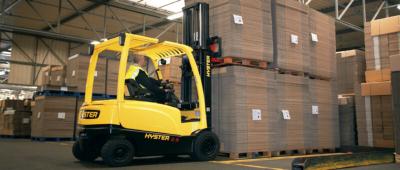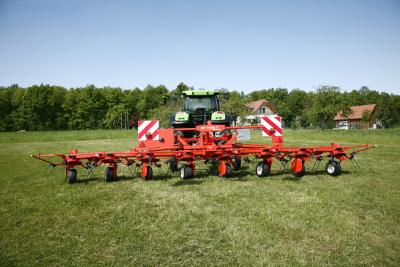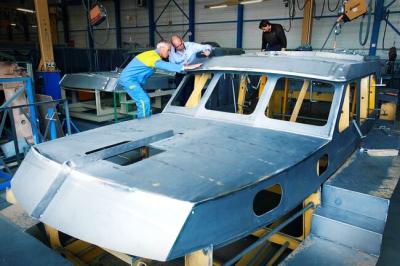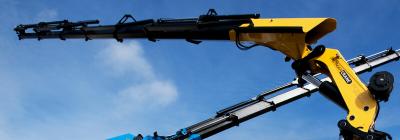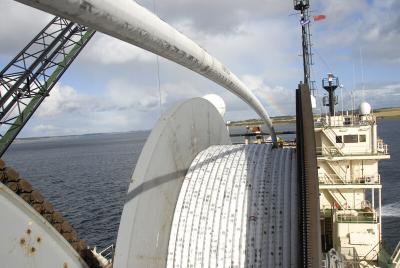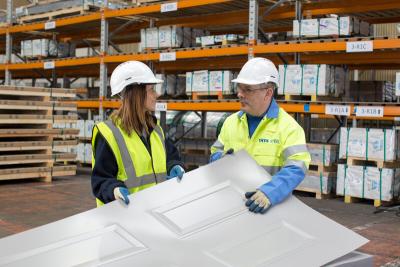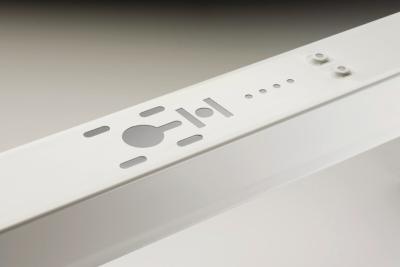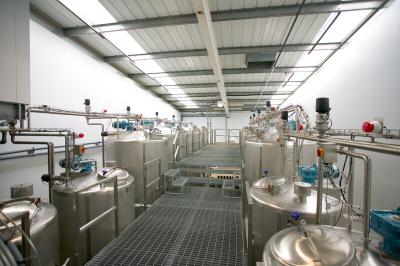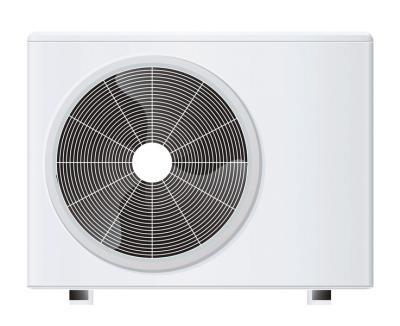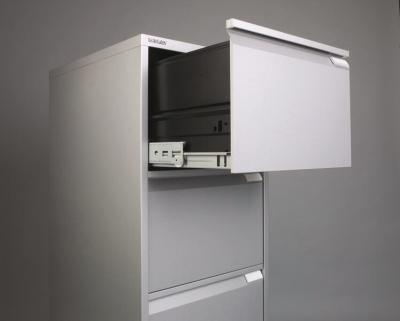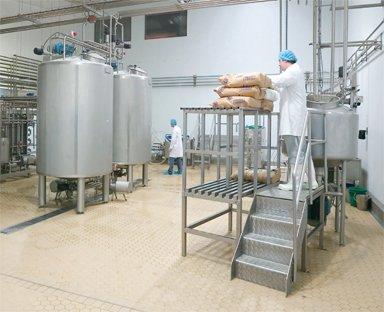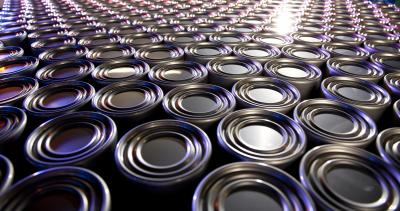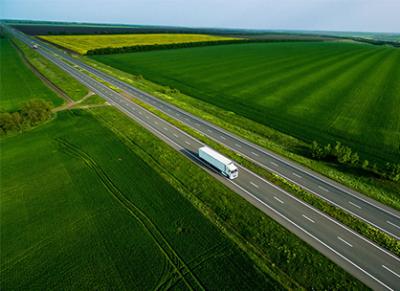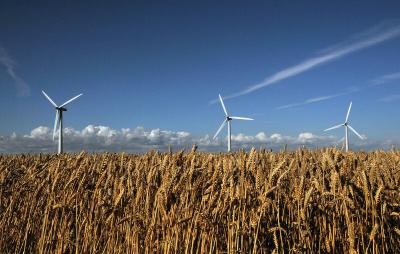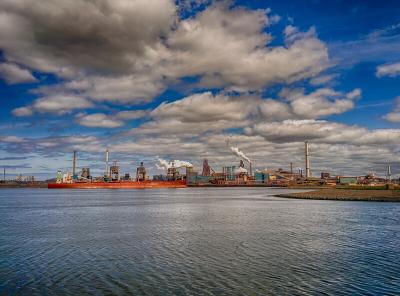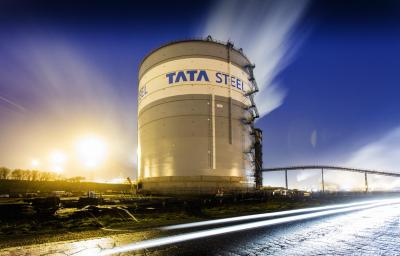Corus today announces a series of strategic measures that will improve its competitive position. The initiative focuses on three areas: divestments, asset restructuring and a company-wide efficiency and overhead review.
In the last quarter of 2008 Corus addressed the immediate effects of the economic downturn through a series of measures that are expected to yield about £600m in cash benefits in the six months to the end of March. These measures also include taking the opportunity to provide additional training to employees experiencing temporary shortages of work. The company will continue to discuss with employee representatives options to match payroll costs with the new production and demand levels.
Today’s initiative is strategic and structural in nature. Elements of the initiative comprise long-term plans that were already under consideration, but which have been brought forward as a result of the slowdown. It should bring annual improvements in operating profit of more than £200m. It will also put around 3,500 jobs at risk around the company as a whole. Corus currently employs about 42,000 people.
The company will make every effort to achieve the job losses through voluntary redundancies, whilst retaining critical skills in the business. A comprehensive range of redundancy packages and outplacement support services will be made available to those leaving the company. There will be full consultations with employees and their representatives throughout the process.
Corus CEO Philippe Varin said: “The structural changes we are proposing today have been carefully considered. They are essential for the future of the business. The company will keep its focus on priority areas such as training, research and product development, which, together with today’s initiative, will ensure Corus is in the best possible shape to compete strongly in the future.”
The key features of the initiative are:
-
Divestments — sale of Corus’ aluminium smelters in Germany and the Netherlands (announced Jan 21) and advanced discussions on the sale of a majority stake in Teesside Cast Products, which would bring clarity to the future of the Teesside operations beyond the current offtake agreement.
-
Asset restructuring — mothballing of the Llanwern hot strip mill; restructuring of engineering steels into two businesses — a specialty steels business at Stocksbridge fed by electric furnace steel from Rotherham and a bar business at Rotherham with steel sourced from the integrated works at Scunthorpe; and streamlining of downstream facilities in Distribution, Building Systems and Tubes
-
Efficiency and overhead review — a company-wide efficiency improvement review, including a review of support functions such as IT, Finance and Human Resources, with a target to reduce costs in these areas by around 20%.
In addition, the company intends to make changes to the British Steel Pension Scheme. While the scheme is in a healthy position, the company will, in line with market practice, close the Defined Benefit scheme to new recruits, who will be offered a Defined Contribution scheme. Steps will also be taken to ensure that the company contribution to future service for existing members remains at 12%.
End
For further information please call: Bob Jones, Tel: +44 (0)207 717 4532; Kevin Byram, Brunswick, Tel: +44 (0)7974 982352; David Litterick, Brunswick, Tel: +44 (0)7974 982455
Notes
Corus is Europe's second largest steel producer with annual revenues of more than £12 billion and crude steel production of about 20 million tonnes. With main steelmaking operations primarily in the UK and the Netherlands, Corus supplies steel and related services to the construction, automotive, packaging, mechanical engineering and other markets worldwide. Corus is a subsidiary of Tata Steel, one of the world’s top ten steel producers. Following the acquisition of Corus in 2007, the combined enterprise has an aggregate crude steel capacity of more than 28 million tonnes and approximately 82,700 employees across four continents.



